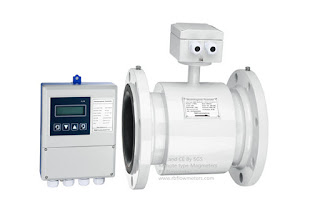In the application of electromagnetic flowmeter, what are the factors that affect the accuracy of the Magnetic flow meter? How to avoid these problems when you use it? for example.
In the application of an electromagnetic flowmeter(Mag flowmeter), several factors can impact its accuracy. Some common factors include:
1. the conductivity of the fluid, the flow profile (how the fluid flows through the pipe);
2. the presence of air bubbles or contaminants in the fluid, and the installation of the flowmeter itself.
3. To maintain accuracy, it's essential to ensure that the fluid being measured has the appropriate conductivity for the flowmeter, as this can affect the signal strength.
4. maintaining a consistent flow profile by avoiding sudden changes in flow velocity or direction can help improve accuracy.
To avoid issues related to air bubbles or contaminants, it's important to properly prepare and condition the fluid before it reaches the flowmeter. This can involve using filters or deaerators to remove any impurities that could interfere with the flowmeter's readings. Proper installation of the flowmeter is also crucial – ensuring that it is correctly positioned in the pipe, with no obstructions or bends that could disrupt the flow, can help maintain accuracy.
Regular maintenance and calibration of the Magmeter(Magnetic flowmeter) according to the manufacturer's guidelines are also essential to ensure accurate readings over time. By addressing these factors and following best practices for installation and maintenance, you can help maximize the accuracy and reliability of your electromagnetic flowmeter. I hope this information is helpful!




评论
发表评论